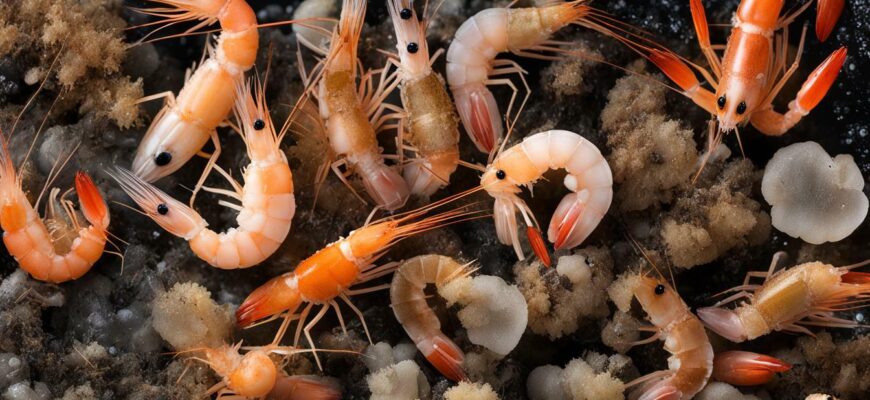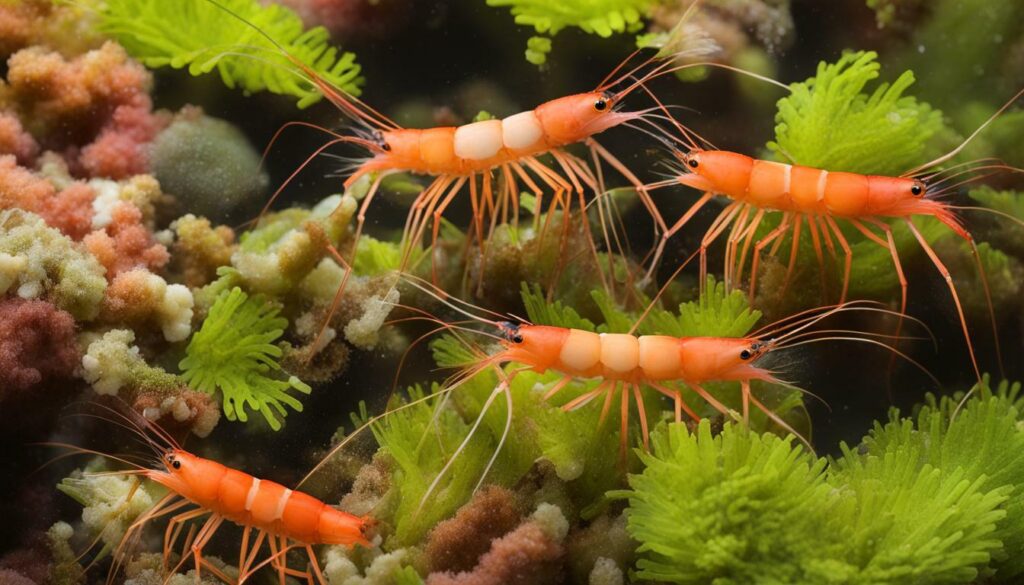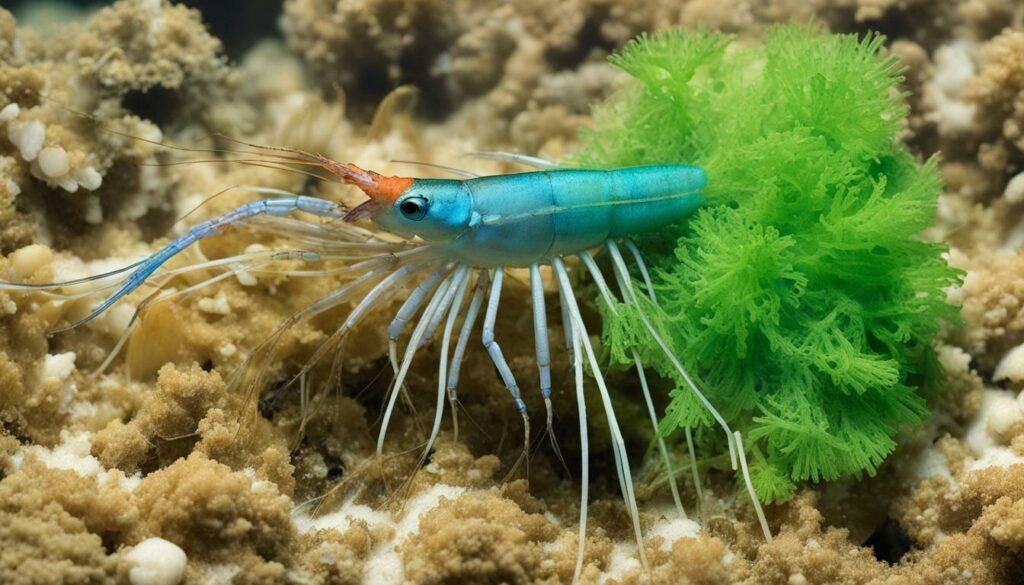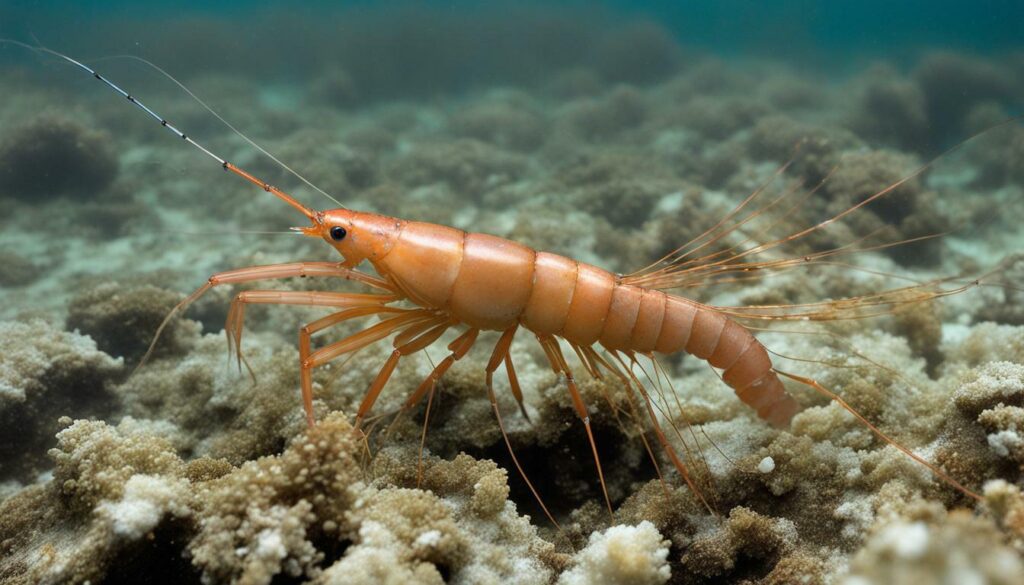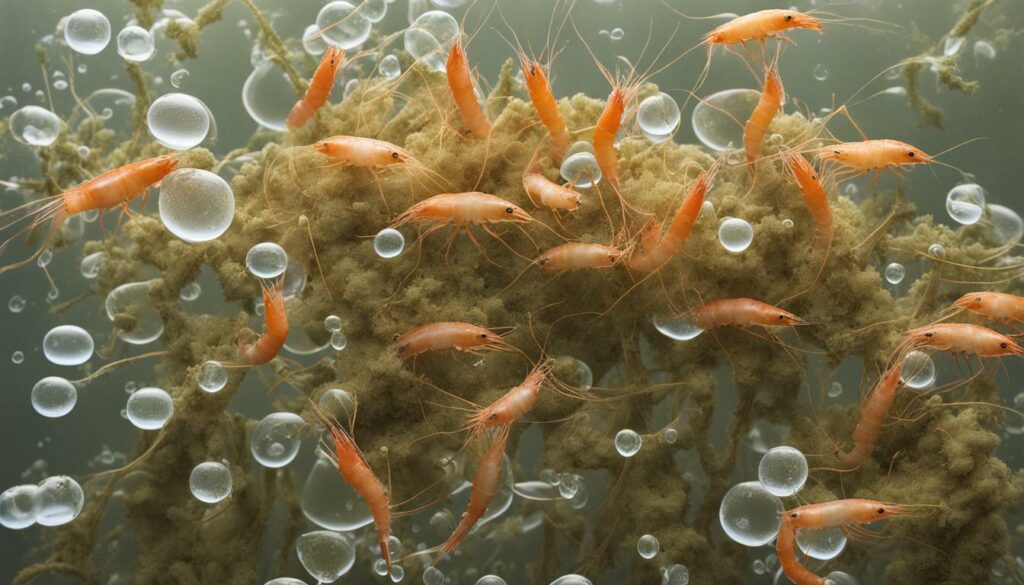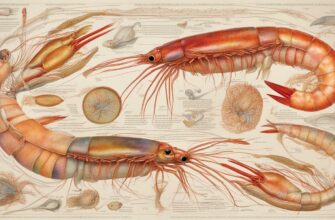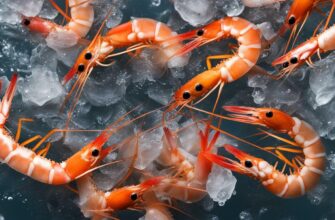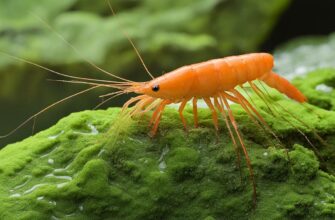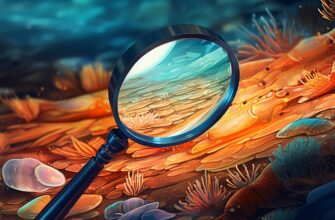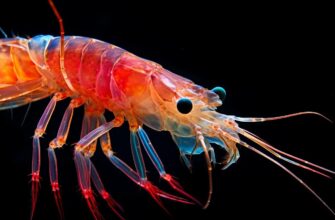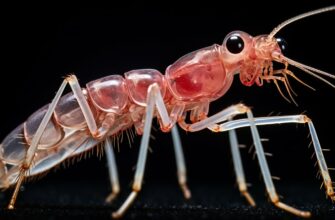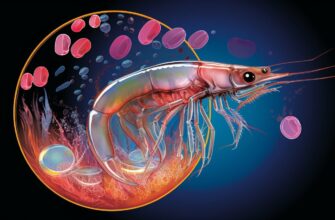When we think of decomposers, we often think of worms, fungi, and bacteria. But what about shrimp? Can they also play a role in breaking down organic matter and recycling nutrients in aquatic ecosystems?
In this section, we will explore the role of shrimp in the decomposition process and determine whether they can be classified as decomposers. Let’s dive in!
- Key Takeaways:
- The Ecological Importance of Shrimp in Aquatic Ecosystems
- Shrimp’s Contribution to Nutrient Cycling
- The Scavenging Role of Shrimp
- Shrimp as Contributors to Organic Waste Recycling
- Conclusion
- FAQ
- Q: Are shrimp decomposers?
- Q: What is the ecological importance of shrimp?
- Q: How do shrimp contribute to nutrient cycling?
- Q: What is the scavenging role of shrimp?
- Q: How do shrimp contribute to organic waste recycling?
Key Takeaways:
- The role of shrimp as decomposers is often overlooked, but they may play a significant role in breaking down organic matter in aquatic ecosystems.
- By understanding the ecological importance of shrimp, we can gain a better understanding of their potential role in the decomposition process.
The Ecological Importance of Shrimp in Aquatic Ecosystems
Shrimp are often viewed as small and insignificant creatures in the grand scheme of things, but in reality, they play a vital role in maintaining the health and balance of aquatic ecosystems. Shrimp are considered keystone species, meaning their presence or absence can have a significant impact on the overall community structure and function.
Shrimp provide numerous ecosystem services, such as nutrient cycling, organic waste recycling, and serving as an important food source for larger predators. For example, shrimp are known to feed on detritus, or dead and decaying organic matter, facilitating the decomposition process and releasing nutrients back into the environment.
Moreover, shrimp serve as prey for a variety of larger organisms, such as fish, birds, and mammals, contributing to the overall biodiversity and food web dynamics of aquatic environments. Their high reproductive rate and adaptability also make them resilient to changes in their environment, allowing them to persist even in disturbed ecosystems.
In summary, the ecological importance of shrimp cannot be overstated. Their contribution to nutrient cycling and organic waste recycling, as well as their role in the food web, make them essential players in maintaining the health and balance of aquatic ecosystems.
Shrimp’s Contribution to Nutrient Cycling
Shrimp play a crucial role in nutrient cycling, particularly in the recycling of organic waste. As scavengers, they feed on decaying matter, breaking it down into smaller particles that are then consumed by bacteria and other organisms.
This process not only helps to clean up the environment but also contributes to the overall availability of nutrients in aquatic ecosystems. Through their feeding habits, shrimp release nutrients such as nitrogen and phosphorus back into the water, making them available for use by other organisms.
Furthermore, the excretion of waste products by shrimp also provides a source of nutrients for other organisms. The nutrients released in shrimp waste are quickly taken up by bacteria, which then convert them into forms that are readily available for use by other organisms.
Overall, shrimp play a significant role in nutrient cycling, contributing to the overall health and productivity of aquatic ecosystems.
The Scavenging Role of Shrimp
Shrimp play a crucial role in the decomposition process as scavengers, contributing significantly to the breakdown of organic matter in aquatic environments. As opportunistic feeders, shrimp readily consume decaying plant and animal material, thus promoting the recycling of nutrients into the ecosystem.
A study conducted by The Journal of Experimental Marine Biology and Ecology found that shrimp populations played a key role in the breakdown of organic matter in coastal ecosystems, particularly in estuaries where the influx of nutrients from freshwater and marine environments creates a rich food source for scavengers.
Shrimp’s feeding behavior also helps to break down organic waste, such as dead fish and other debris, which can accumulate in aquatic environments. By consuming this waste, shrimp help to prevent the buildup of harmful pathogens and assist in maintaining the overall health of the ecosystem.
The scavenging role of shrimp is not only important for nutrient cycling but also helps to maintain a healthy food web in aquatic environments. As secondary consumers, shrimp pass on nutrients to their predators, such as fish and birds, which in turn helps to support a diverse range of species.
In conclusion, the scavenging behavior of shrimp is a vital component of the decomposition process and nutrient cycling in aquatic ecosystems. As opportunistic feeders, shrimp play an essential role in breaking down organic matter and maintaining the overall health and balance of the ecosystem.
Shrimp as Contributors to Organic Waste Recycling
Shrimp play a crucial role in the decomposition of organic waste in aquatic environments, serving as important contributors to nutrient cycling and overall ecosystem health. Their scavenging behavior, which involves feeding on decaying organic matter such as dead animals and plants, helps break down these materials into smaller pieces that can be more easily processed by other organisms in the ecosystem.
Moreover, shrimp are capable of breaking down complex organic compounds such as chitin, a key component of the exoskeletons of crustaceans and insects. Through this process, shrimp can release important nutrients such as nitrogen and phosphorus into the surrounding water, providing a vital source of nutrition for other organisms in the ecosystem.
In fact, studies have shown that shrimp can significantly improve the quality of aquatic environments by reducing the concentration of organic waste and associated pollutants. By promoting the efficient decomposition of organic waste, shrimp help maintain a healthy balance of nutrients and reduce the risk of harmful algal blooms and other negative outcomes associated with excess nutrients in aquatic environments.
Overall, the contribution of shrimp to organic waste recycling and decomposition is a key aspect of their ecological importance. Through their scavenging behavior and ability to break down complex organic compounds, shrimp play a vital role in maintaining the health and sustainability of aquatic ecosystems.
Conclusion
In conclusion, it is evident that shrimp play a significant role in the decomposition process in aquatic environments. While they may not fit the traditional definition of decomposers, their scavenging behavior and ability to recycle organic waste make them important contributors to the decomposition process.
Additionally, shrimp provide valuable ecosystem services, such as nutrient cycling and maintaining the balance of aquatic ecosystems. It is crucial to understand the ecological importance of these organisms and their role in maintaining the health of our waterways.
Based on the evidence presented, it can be concluded that while shrimp do not fit the typical definition of decomposers, they certainly contribute to the decomposition process in their own unique way.
FAQ
Q: Are shrimp decomposers?
A: Shrimp do not play a direct role in the decomposition process as primary decomposers. However, they contribute to the decomposition indirectly by scavenging on decaying organic matter and recycling nutrients in aquatic ecosystems.
Q: What is the ecological importance of shrimp?
A: Shrimp play a crucial role in aquatic ecosystems by providing important ecosystem services. They help maintain water quality by filtering and consuming organic particles, and they serve as an essential food source for other animals in the food chain. Additionally, their burrowing activities help oxygenate sediment and enhance nutrient cycling.
Q: How do shrimp contribute to nutrient cycling?
A: Shrimp contribute to nutrient cycling by recycling organic waste materials. They consume decaying organic matter and excrete nutrient-rich waste, which increases nutrient availability in the ecosystem. This process helps support the growth of algae and other primary producers, which form the base of the food chain.
Q: What is the scavenging role of shrimp?
A: Shrimp are known for their scavenging behavior, feeding on decaying organic matter such as dead plants, animals, and detritus. This scavenging behavior aids in the decomposition process by breaking down and fragmenting organic material, making it more accessible to other decomposers and speeding up the overall decomposition rate in aquatic environments.
Q: How do shrimp contribute to organic waste recycling?
A: Shrimp contribute to organic waste recycling by actively consuming and breaking down organic matter, releasing nutrients back into the ecosystem. Their feeding activities help reduce organic waste accumulation and promote the utilization of available resources, making them valuable contributors to the decomposition process and overall ecosystem health.

